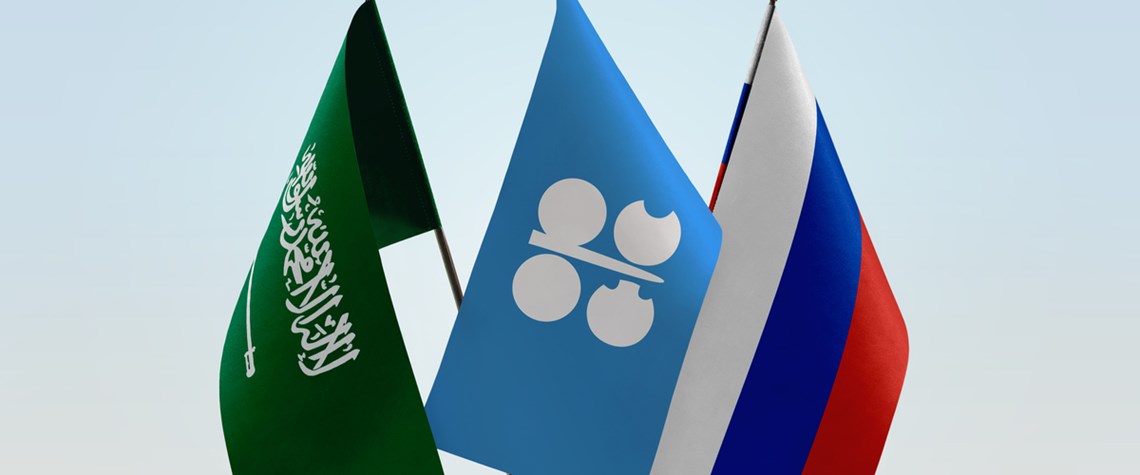Opec+ power shift points to lower crude price paradigm
If Russia can marshal allies to seize control of the producers’ group, it might respond to structural demand concerns with a volume-over-value strategy
Saudi Arabia’s five-decade run as either sole or co-leader of Opec appears to now be under serious threat from Russia in the expanded Opec+ grouping. And that could lead to a shift in emphasis to protecting the Opec+ market share, particularly given pressures on future oil demand. After a combination of revolution, war and international economic sanctions whittled away production and influence from Iran—in the 1970s and 1980s an Opec co-leader, with Riyadh leading the price doves and Tehran the hawks—Saudi Arabia enjoyed a 25-year hegemony over Opec policy. Supported by loyal Mid-East Gulf allies Kuwait and UAE, that was the status quo until 2016. But, in December 2016, Saudi Arabia admitte

Also in this section
20 February 2026
The country is pushing to increase production and expand key projects despite challenges including OPEC+ discipline and the limitations of its export infrastructure
20 February 2026
Europe has transformed into a global LNG demand powerhouse over the last few years, with the fuel continuing to play a key role in safeguarding the continent’s energy security, Carsten Poppinga, chief commercial officer at Uniper, tells Petroleum Economist
20 February 2026
Sempra Infrastructure’s vice president for marketing and commercial development, Carlos de la Vega, outlines progress across the company’s US Gulf Coast and Mexico Pacific Coast LNG portfolio, including construction at Port Arthur LNG, continued strong performance at Cameron LNG and development of ECA LNG
19 February 2026
US LNG exporter Cheniere Energy has grown its business rapidly since exporting its first cargo a decade ago. But Chief Commercial Officer Anatol Feygin tells Petroleum Economist that, as in the past, the company’s future expansion plans are anchored by high levels of contracted offtake, supporting predictable returns on investment







